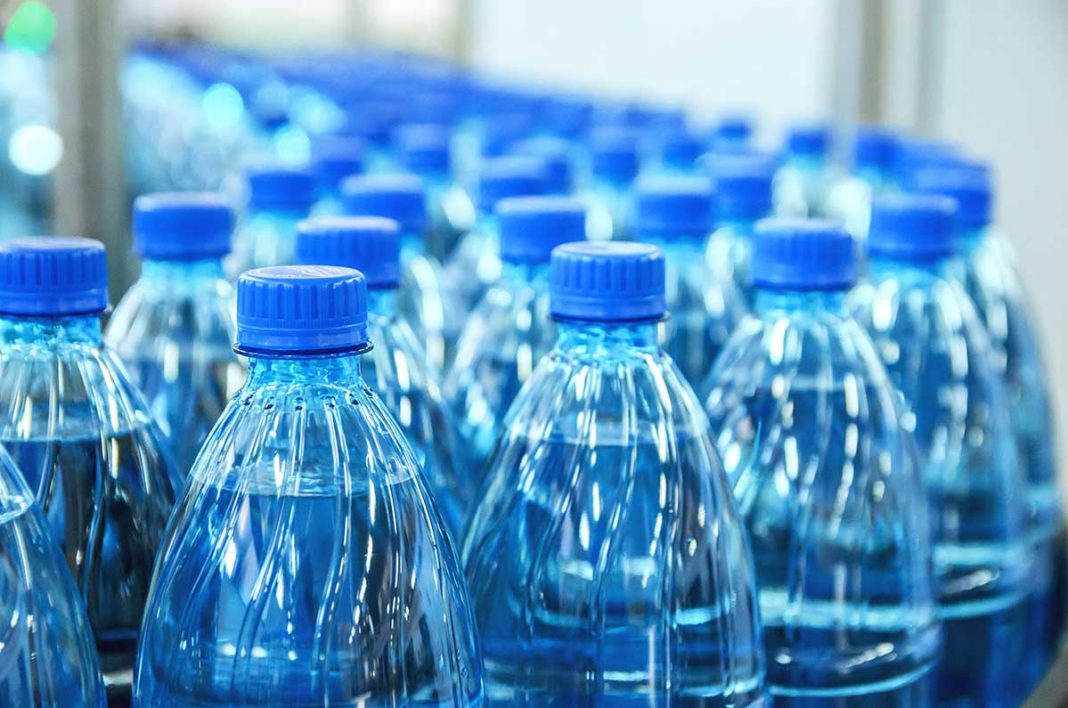QUEEN’S PARK – A moratorium on new or expanding water-taking permits for water bottling companies will be ending on January 1 and environmental advocates are sounding the alarm over the possibility of the province not extending the moratorium. During the moratorium, the province has been completing a review of water quantity science, policies and programs that are used to manage water takings across the province, including the use of groundwater to produce bottled water.
“As far as I am concerned, when the moratorium ends the province should extend it,” said Mike Wilton of Algonquin Eco-Watch who lives in Dominion Bay. “I don’t think we know enough about how much water we actually have in Canada and we seem to be basically just giving it away.”
Ontario currently charges a bottling fee on water bottling facilities that take groundwater in the province and those companies are required to have a permit under the Water Resources Act. The province has instituted stricter rules for companies that wish to renew or change their permits. In Ontario, water bottling facilities must apply for permits to take water from groundwater sources if that facility plans to take more than 50,000 litres of water on any day.
Groundwater is water held underground in the soil or in pores and crevices in rock. It supplies water in wells and some streams, lakes and wetlands and large companies have been criticized globally for dangerously drawing down limited aquifers holding water that has accumulated over the course of millennia.
As of August 1, companies that bottle and sell water in Ontario now pay more to take water—up from $3.71 for every million litres of groundwater taken to $503.71. That increased amount does little to impress Mr. Wilton. “Giving it away is basically what we are doing,” he said. “We should definitely put an end to that.”
Mr. Wilton said “Canada in general has little understanding of how much water it actually has and how to manage what we have, and we don’t seem to be doing very much to find out.”
Groundwater is a precious resource, continued Mr. Wilton. “They are spending lots of money to find out how much oil we have, that’s the big money maker right now,” he said. “But water will be the big money maker in the future and we should be holding onto it until we know more about what we have.”
In an open letter to Environment Minister Jeff Yurek, Green Party of Ontario leader Mike Schreiner asked for the moratorium on new and increased water-taking permits to be extended until stiffer water protection laws are in place.
“Yours and previous governments have pledged to conduct a scientific review of our water sources and to consult with the public, experts and stakeholders before lifting the moratorium and allowing additional water taking,” he wrote. “But to date, you have not made the review public.”
The Green Party leader asserted that water-taking decision “must prioritize drinking water for people and communities as the first priority, while also ensuring that water is available for our $40 billion food and farming sector.” He went on to say that the province’s water management regime is insufficient and does not adequately protect water for the public good. “As such, it would be inappropriate and irresponsible to allow additional water to be extracted.”
Some 96 percent of responses during last year’s public consultation supported an extension of the moratorium. The moratorium, maintains the Green Party leader, must be extended on new water bottling permits until new measures and changes to the provincial water management policies have been implemented.
According to Ontario’s Environment Minister Jeff Yurek, a decision on how to proceed with water bottling permits is expected by early to mid-December, with the province’s review nearly complete.
The minister asserted that his decision on the moratorium will be based on science, and that if the government can’t find “a conclusive way forward” it would extend the moratorium, but added that he believed all the consultation and scientific study will provide a definite answer.
Official Opposition leader Andrea Horwath said the government’s plan should address not just how much water companies are allowed to take right now, but ensure the resource is available for generations to come.
For its part, the Canadian Bottled Water Association maintains that water bottling permits make up less than one percent of all Ontario permits to take water, so the industry shouldn’t be singled out.
Locally, Little Current United Church passed a recent motion banning water bottles from the church premises.
Canadians consume two billion water bottles per year, approximately which is 5.3 million a day. As a result, it is estimated that about 22 million pounds of plastic enters the Great Lakes every year and over one billion water bottles wind up in landfills each year. The moratorium discussions, however, are focussed on sustainability and issues surrounding the taking of groundwater.





